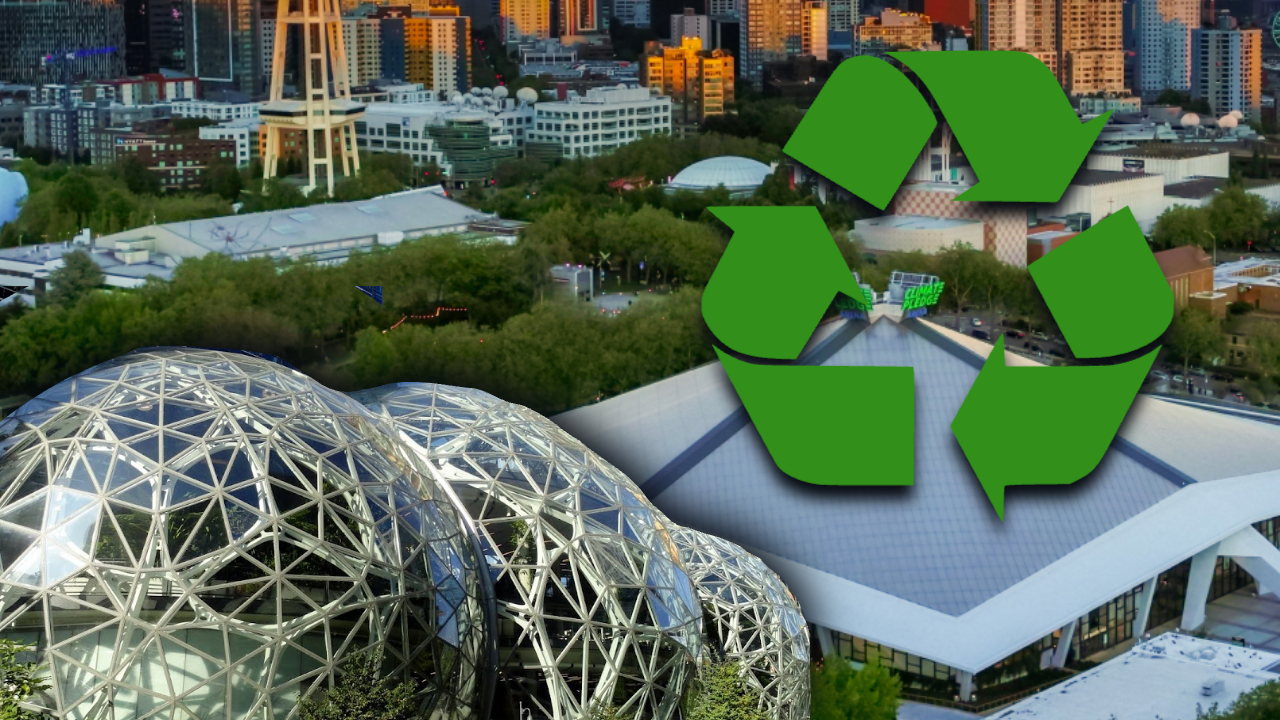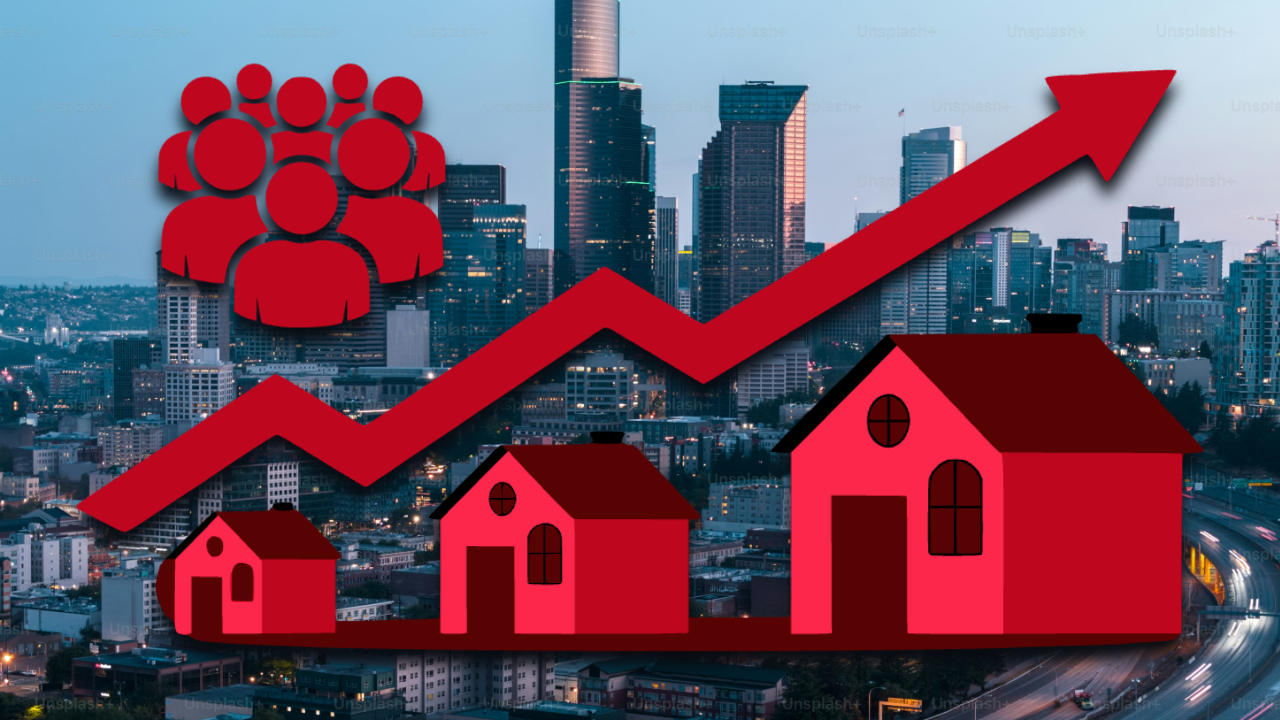Seattle Restaurants Brace for Challenges with 2025 Minimum Wage Increase
Seattle restaurants are preparing for changes that could impact prices and operational models as the city’s minimum wage rises in 2025. Starting January 1, Seattle’s minimum wage will increase to $20.76 per hour, with the expiration of the tip credit adding to the challenge.
Currently, small businesses with fewer than 500 employees can pay workers $17.25 per hour if $2.72 per hour is covered by medical benefits or tips. However, the removal of this credit will require all businesses to pay the full minimum wage, increasing labor costs by more than $3 per hour for many.
At Shiro’s Sushi in Belltown, corporate manager TT Inoue noted that January is typically a slow month for the restaurant industry, making these cost increases particularly tough to manage. While some businesses plan to raise menu prices to offset higher wages, Shiro’s Sushi is taking a different approach by transitioning to a service charge system in place of traditional tipping.
“It will be quite difficult to pass on that increase to the guests,” Inoue said. “I hear that other restaurants are also moving to the service charge system, and that is probably the only way to sustain the business.”
The transition has sparked debate among customers. Some, like former waiter Stephen Linsley, are reconsidering their tipping habits. “If the wait staff is getting paid $20 an hour and tips, maybe we don’t need to do that. I don’t know. I don’t have all the information yet,” he said.
Anthony Anton, CEO of the Washington Hospitality Association, emphasized the need for innovation in the industry. He predicts that without new business models or technological advancements, the rising labor costs could lead to a 4-8% reduction in the number of restaurants operating in Seattle by mid-2025.
Anton added, “The current business model is proving unsustainable in places like Seattle. Without some sort of innovation, restaurants will struggle to adapt to these changes.”
This issue traces back to 2015, when the tip credit was introduced as part of a deal to gradually raise Seattle’s minimum wage. The credit’s expiration at the end of 2024 signals the start of a uniform minimum wage across the city.
Earlier this year, City Councilmember Joy Hollingsworth proposed legislation that would have allowed smaller businesses to continue crediting tips and benefits toward their minimum wage obligations. However, labor advocates opposed the measure, arguing it would undermine low-wage workers. Hollingsworth later withdrew the amendment, opting instead for a collaborative approach among small business owners and staff.
As Seattle’s restaurant industry faces these shifts, customers and business owners alike will need to navigate a changing dining landscape.
(Source: KOMO News)



